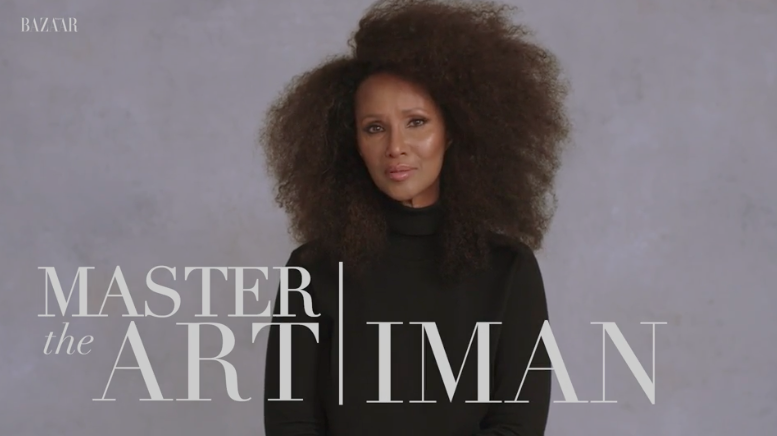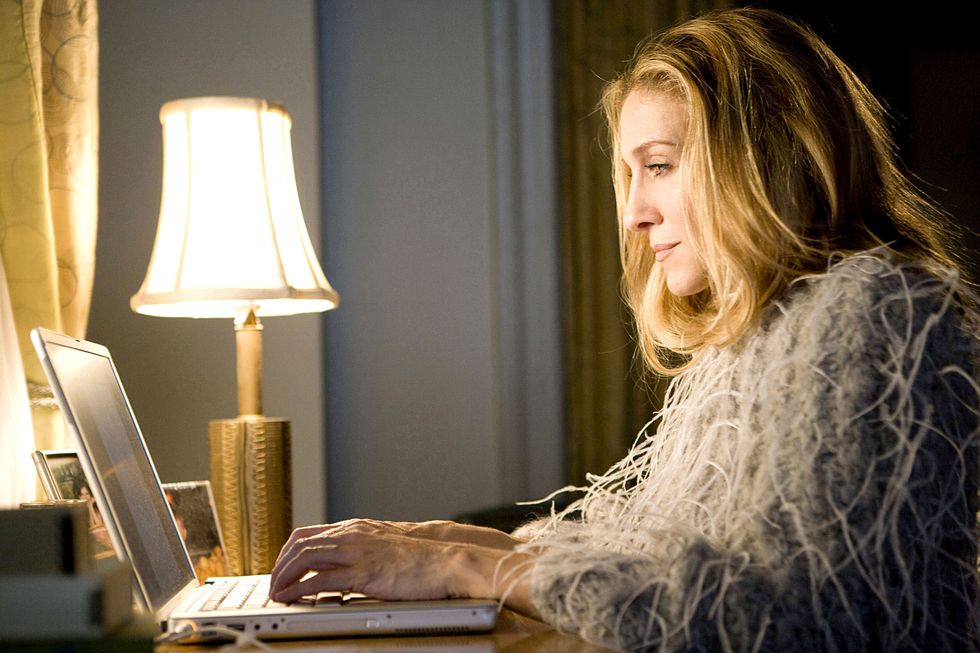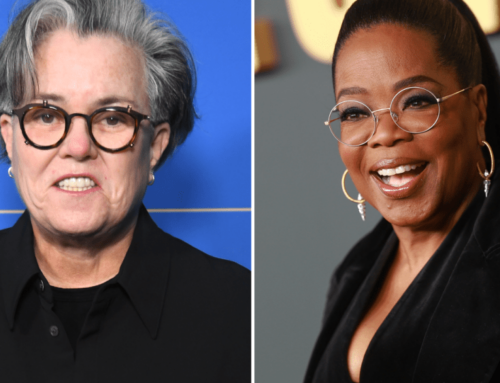Want to start investing your money? Here’s how
January 2, 2025
Towards the end of her decade spent in banking, while working in private wealth management at Goldman Sachs, Ayesha Ofori had a realisation. “We had so few female clients,” she remembers. “I decided to investigate. Why aren’t women investing, or why don’t they have any money? And if they don’t have money, why not?”
Ofori decided to do something about it. In 2024, she founded Propelle, an innovative investment platform for women that puts financial education, a community of women and actionable investment offerings all in one place. “I had all this knowledge,” she says, of her expertise. “I wanted to put it to good use.”
Here, she gives her top tips for getting started…
1/ Build your confidence
“The first thing that blocks women from investing is a lack of confidence. A lot of women feel they don’t know where to start, and even if they did know where to start, they second-guess themselves. We tend to ask ourselves more questions before we can be comfortable, and if those questions aren’t answered, we’re not going to move forward. That’s where getting the right financial education and support is the best first step.”
2/ Know what you’re working with
“Another important step is understanding what state your finances are currently in. Take the time to find all your money and all your assets; go and dig up all your savings, your pensions, and see what your current net worth is. You can then use the HMRC website to find out how much you will get from your state pension. It is horrendously boring and cumbersome to use, but if you bear with it, it will tell you how much you’ll get when you retire. It won’t be very much, but it’s something, and it still goes into the pot. Once you have that, then you can start to see how much you could afford to start investing.”
3/ Open an investment account
“A great place to start is an ISA because it gives you a tax-free allowance of £20,000, so any profits you make are tax-free. Imagine investing in that over 20, 30, 40, 50-plus years, and then when you come to take it out, you don’t pay any tax. It’s amazing. They sound so dull, but I say to people all the time, you should be maxing out your ISA allowance every year – as much as possible. And where can you get an ISA? Literally anywhere! We have one, too.”
4/ Set clear goals
“What do you want to achieve with your investments? Do you want to be able to go part time, do you want to send your child to university or actually have kids, and save for childcare? You should align your investing to your goals. So, let’s say, for example, you have a goal that’s 30 years out, or you have a goal that’s three years out – you should invest those in different types of assets, because the risk profile is very different. The longer you have to reach a goal, the more risk you can afford to take, because you can ride out the market. Each goal can be invested differently.”
5/ Quantify your investment
“Once you know why you’re investing, you need to know how much you can afford to, and also how much money you need to amass in order to hit your goal. So let’s say you have £10,000 today, and you need to hit £50,000 in five years. You can then calculate what your annualised return is, or needs to be, for your money today to hit that goal. We’ve built a calculator tool that helps women do this. It will tell you how much you need to put in, and make, per year, to achieve it.”
6/ Get into a good routine
“Ideally, you want to be doing this on a regular basis. Try to commit to investing something monthly, even if it’s just £10. It really doesn’t matter what it is; it’s about forming the habit. You’ve got to get into the habit of investing regularly.”
7/ Make your savings work harder
“What I found is that we’re great at saving; women hold the majority of cash ISAs. We’re great at squirrelling money away, but that money isn’t being put to work. The money that you earn, or the return that you get on cash, is significantly lower than what you get from investing. That matters because there’s a 40 per cent gender pension gap – that is double the pay gap. Significant numbers of women are going to be in poverty in old age. That is why investing is so important for women. You have to make sure that your savings are working for you…”
Search
RECENT PRESS RELEASES
Related Post








